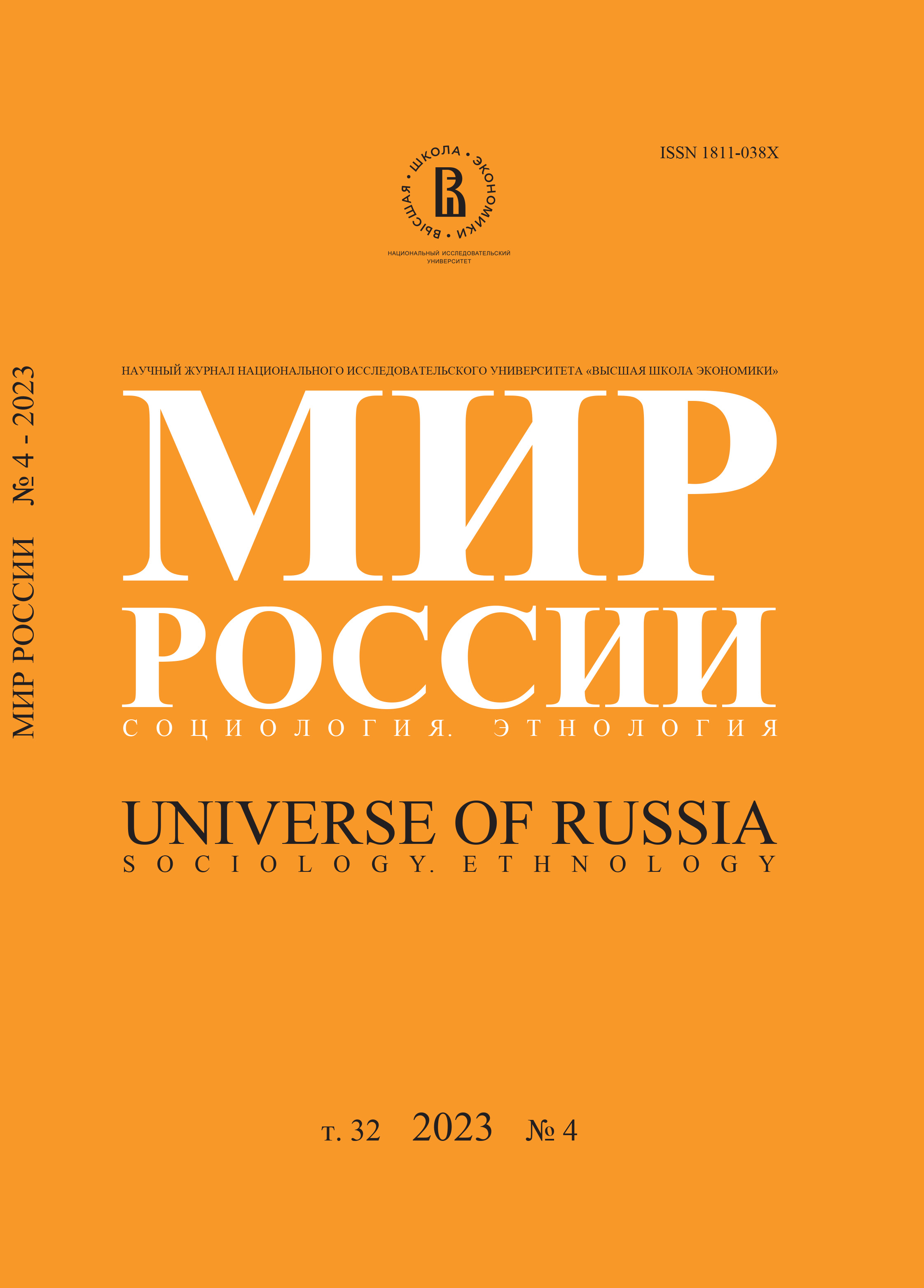Current Positions and Trends in the International Cooperation of Russian Researchers According to Web of Science Data
Abstract
Russian science has always been part of the global academic community, successfully collaborating and competing with leading countries in scientific and technological development. The recent COVID-19 pandemic and current geopolitical tensions have had a negative impact on international scientific relations, necessitating an urgent need to restructure existing partnerships and build new ones. This article examines Russian researchers’ participation in international scientific collaboration within the context of global competition and inequality in science. The data source used for this study was the Web of Science bibliographic records database for the entire available observation period, focusing on publications and citations, from 2018 to 2022. Citation metrics and journal quartiles were used to assess the impact of publications. Data on the quantity, citation metrics, and journal quartiles in which articles were published were extracted for Russia, the CIS, the BRICS countries, and countries with the highest number of publications. The analysis revealed an increase in the number of joint publications and a positive effect of co-authorship with colleagues primarily from leading countries in scientific and technological development. The conclusion is drawn that there is a need to activate and expand international scientific collaboration through new partner countries.






